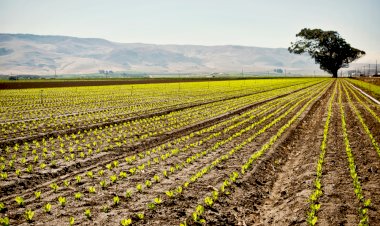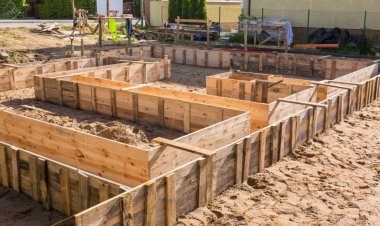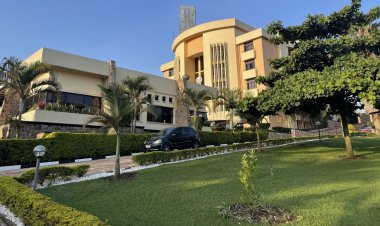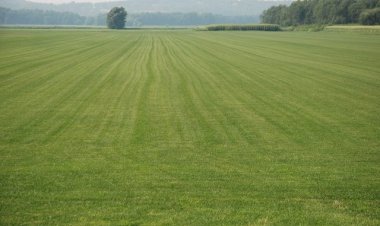The Doctrine of Adverse Possession
You can own land, fail to make use of it and eventually lose its title, moreover, under certain circumstances, someone else may settle in your land, make use of it and get to have title to it. This is called the Doctrine of Adverse Possession.
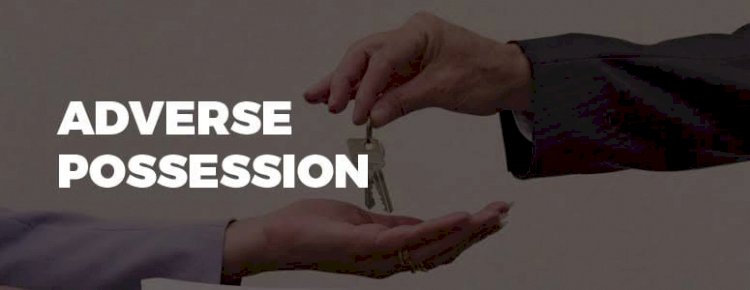
Justice Oliver Wendell Holmes, a former Associate Justice of the Supreme Court of the United States justifies the fact that an adverse possessor earns title to land by working it and putting it to use. He says that something which you have enjoyed and used as your own for a long time takes root in your being and can not be torn away without you resenting the act and trying to defend yourself, however you came by it.
Adverse possession is a legal doctrine that allows a person to claim a property right in land owned by another. For one to claim ownership of the land, the adverse possessor must meet certain requirements. It transfers ownership from the legal owner to the adverse possessor.
There must be;
A discontinuous possession of the land by the owner and continuous use by the adverse possessor. Meaning that the owner has no knowledge of intruders into his land whereas the adverse possessor does not have permission to use the land from the landowner. The claim of ownership of another person's property does not happen overnight but rather he must squat on the property for a number of years. The period of use must be uninterrupted.
There should be a hostile use of the land
meaning that the possession of the adverse possessor infringes on the rights of the true owner. If the owner consents, then the adverse possessor's use of the property is not hostile and therefore it is not regarded as adverse possession.
The use of the land should be open in a manner that it is noticeable. It should not be secret so that it puts the true owner on notice that an intruder is in possession. It should also be an actual possession in that possessor must be there physically. He or she has to exercise control over the land just as an owner would do.
The possession should also be exclusive.
The adverse possessor must possess the land to the exclusion of the landowner. Physical improvement of the land by the construction of houses or fences is evidence of exclusive possession.
The doctrine rewards the productive use of the land and punishes the landowners who sleep on their rights. The thought behind this justification is that if the true owner had made productive use of the land, it would not have been available for an adverse possessor to use. The law views the adverse possessor as more responsible and thus preferable than the true owner.
However the legal owner can still have the right to oust the intruder off his land provided the statutory period, usually, 12 years has not expired. When this time expires, it eliminates any cause of action for ejectment. In Kenya, adverse possession is supposed on the principle of Limitation of Acts which inhibits a person from bringing the action of recovery of the land after a period of twelve years. Just as Justice Oliver Wendell Holmes wrote, that ' sometimes it is said that if a man neglects to enforce his rights, he can not complain, if after a while.' Once the time has elapsed, the adverse possessor is considered the owner of the land. He acquires a new title which dates back to her initial invasion into the land.
Adverse possession only applies to private property where a person can not claim public land through adverse possession but if the government gets to use private land, the owner gets compensated.












